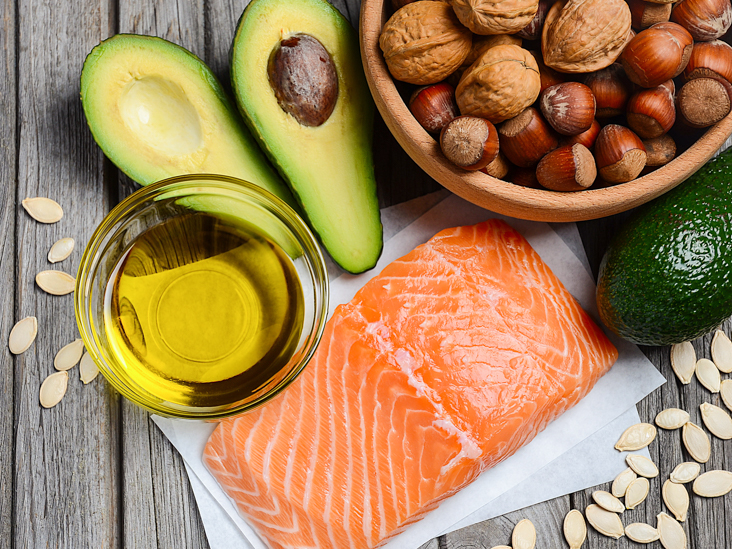Ketosis is a form of acidosis, a disruption in the pH balance of your body, that results from the presence of excessive ketones in your blood. Ketones, or ketone bodies, are a byproduct of fat metabolism. They are released when fat is broken down for energy. Ketosis is a condition that is common during starvation and acute attacks of diabetes. The presence of large amounts of ketone bodies in your bloodstream may lead to a condition called ketoacidosis, which may result in adverse side effects. Ketogenic diets, when supervised by qualified medical professionals, can lead to significant amounts of weight loss in obese individuals, and they have proved promising in the treatment and management of epilepsy and certain forms of cancer.
Metabolism And Ketosis-
Ketosis results from the buildup of ketone bodies, which are a byproduct of fat metabolism. When blood sugar is not available for your body to be used as energy, your body will begin breaking down fat instead. When fat is broken down into glucose to be used for energy, ketone bodies are produced as a result, and circulate throughout your bloodstream, causing a state of ketosis. The ketone bodies are produced in your liver, and can be re-used for other metabolic processes involved in energy production, or excreted from your body through your urine.
Ketoacidosis-
Ketone bodies have a positive ionic charge, making them very acidic. Your body normally maintains the acid-base balance in your bloodstream by bi-carbonate buffering and varying the amounts of CO2 in your bloodstream through respiration. However, when too many ketone bodies are present in your bloodstream, your body will not be able to balance the acids and bases, making your blood slightly acidic, a condition known as ketoacidosis. Ketoacidosis may place excess stress on your liver and kidneys, increasing the risk for kidney stones and renal system failure.
Nutrition And Ketosis-
If your diet consists of high amounts of protein and fat, with low amounts of carbohydrates, your body is more likely to enter a state of ketosis. In the initial stages of ketosis, your blood sugar levels are maintained through gluconeogenesis, or the breakdown of proteins for energy. Eventually, your body will no longer be able to break down enough protein to form glucose, so your body will begin to break down fat instead, causing the buildup of ketone bodies. Some ketogenic and low-carbohydrate diets deliberately induce a state of ketosis to increase your body’s fat-burning potential.
Identifying Ketosis-
Whether you are in a state of ketosis or not can be identified by using an over-the-counter testing strip called a keto-stick. Keto-sticks have a small pad on the end which is dipped in a fresh sample of your urine. Within a matter of minutes, the testing strip will change to one of several colors, indicating the amount of ketone bodies in your urine. When in a state of ketosis, your body may give off a distinct smell which is caused by the release of acetone by your lungs and is often described as a fruit-like smell in your breath.
 Exogenous Ketones Reviews Expert Reviews of Exogenous Ketones Products
Exogenous Ketones Reviews Expert Reviews of Exogenous Ketones Products
